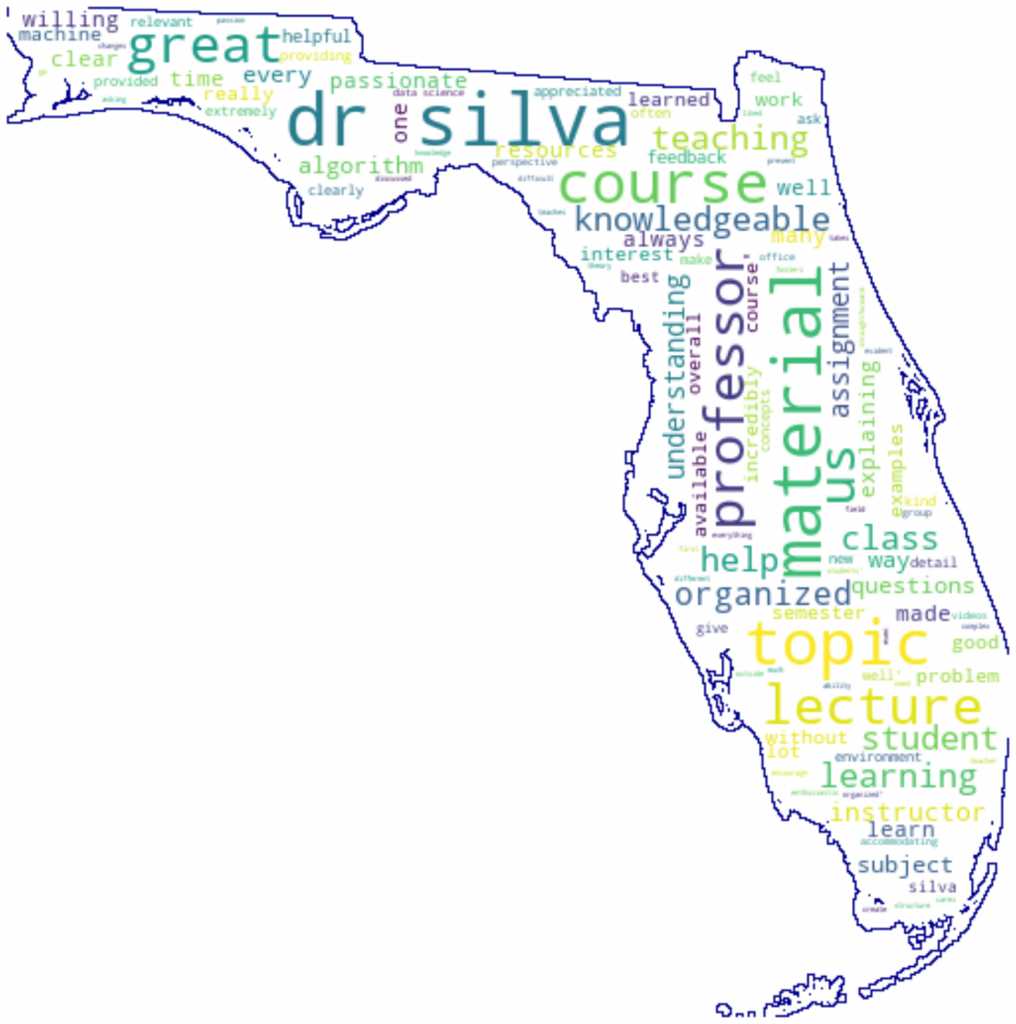Teaching Philosophy

I see teaching not just as a way to deliver content, but as a chance to shape how students think—which, especially in STEM, is a powerful differentiator. My goal is to help students develop both a strong theoretical foundation and the ability to apply what they’ve learned to real-world challenges. In my experience, balancing convergent thinking (like analysis and self-assessment) with divergent thinking (like creativity and critical reasoning) leads to deeper understanding and more meaningful learning.
I strive to cultivate inquiry-driven learners—students who are intellectually curious, adaptable, and capable of pursuing ideas with both creativity and discipline. I often use the Socratic method in my classroom to foster this mindset. While it’s not commonly used in engineering, I’ve found it incredibly effective for encouraging critical thinking, active engagement, and a deeper grasp of complex material.

My teaching style gives students tools they can use beyond the classroom—helping them become thoughtful, flexible problem-solvers. I value curiosity, adaptability, and rigorous thinking over rote memorization, and I design my courses, assignments, and discussions to reflect that.
I also care deeply about building a learning environment that’s inclusive and accessible to all students. I apply the principles of Universal Design for Learning (UDL) to ensure that every student—regardless of their background or learning needs—has the opportunity to succeed. From my syllabus to how I structure my Canvas pages, I intentionally create space for students to engage with material in ways that work best for them.
Finally, I bring real-world tools into the classroom. I teach Git and GitHub as part of my curriculum—not just as an afterthought—because these skills are essential in today’s technical fields. By using GitHub Classroom, version control becomes a hands-on, collaborative experience that mirrors industry practice and helps students build confidence and proficiency.
In all of this, my focus is on preparing students not just to learn, but to think deeply, ask meaningful questions, and tackle real-world problems with clarity and creativity.
The (quantitative) teaching evaluations are public and you can find them here: https://gatorevals.aa.ufl.edu/public-results/.
The true mark of an educated individual is not merely the possession of broad knowledge or job-specific expertise, but the ability to pursue promising ideas with creativity and discipline.
